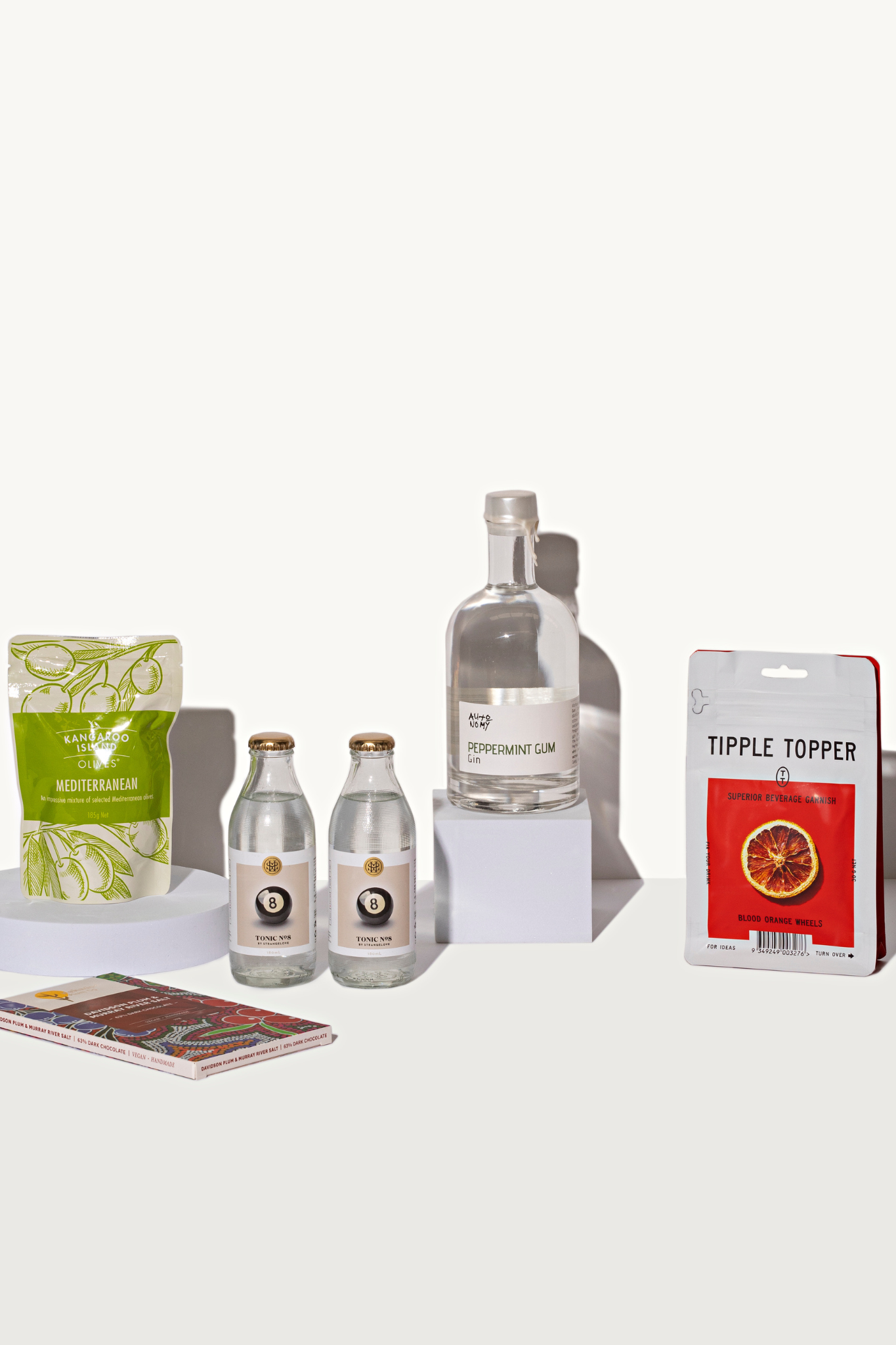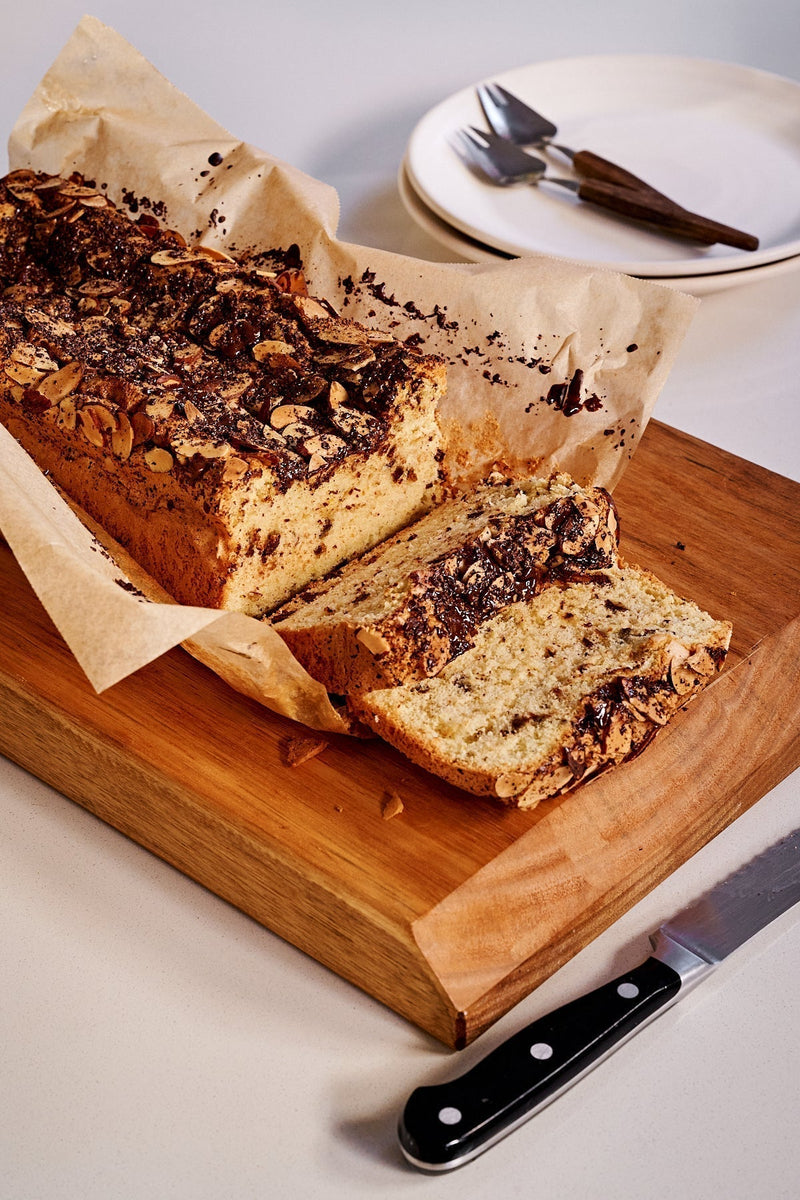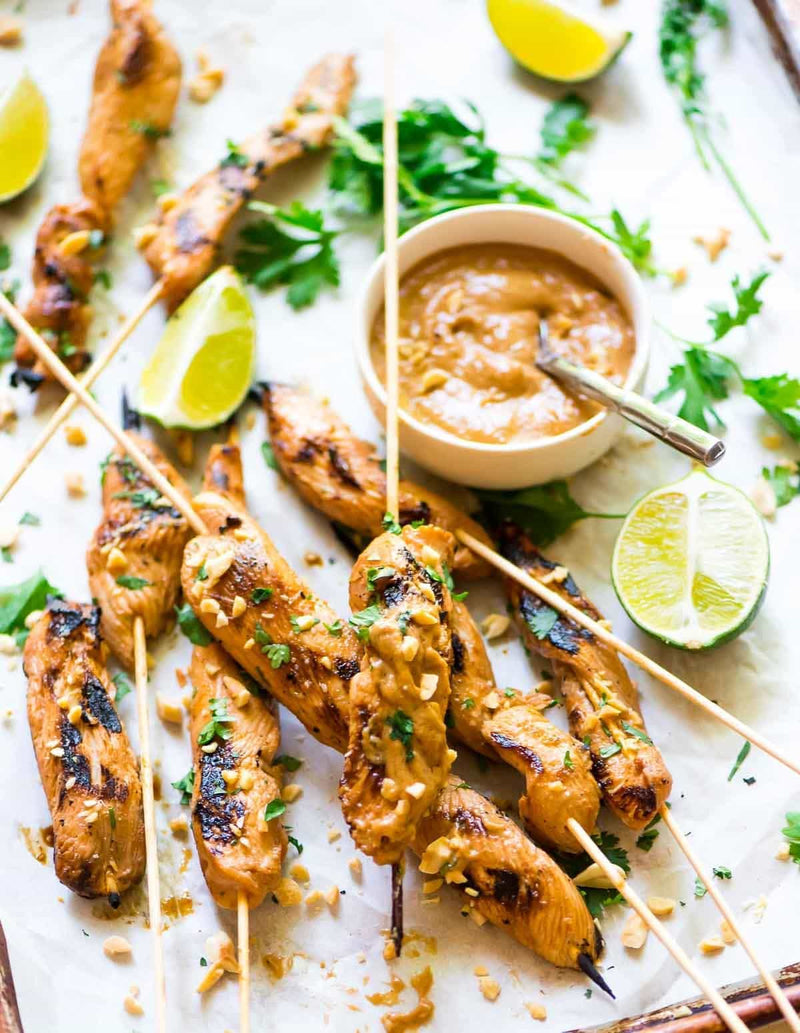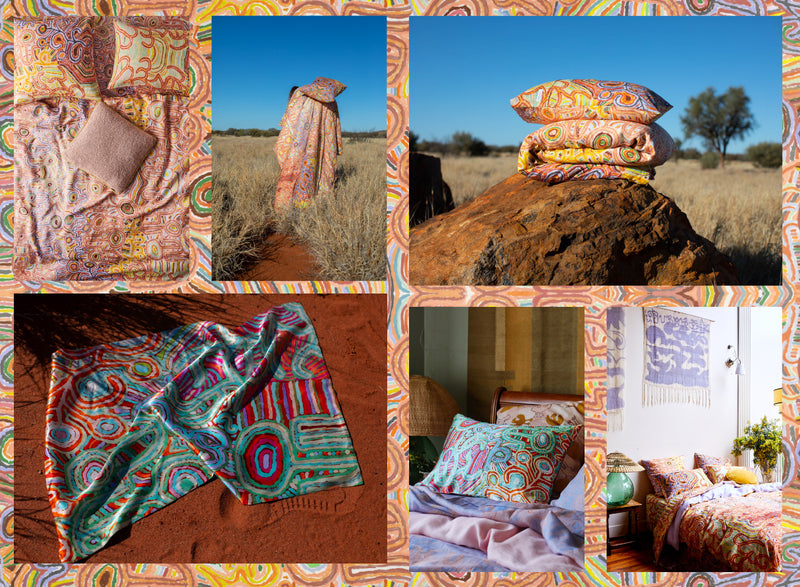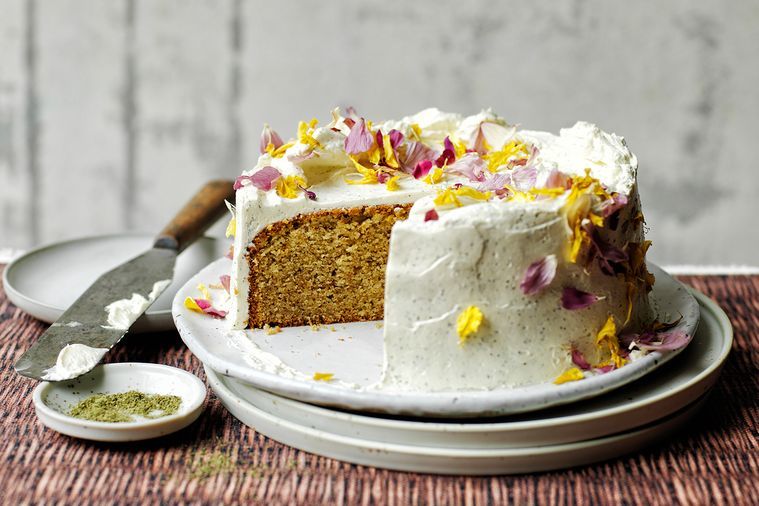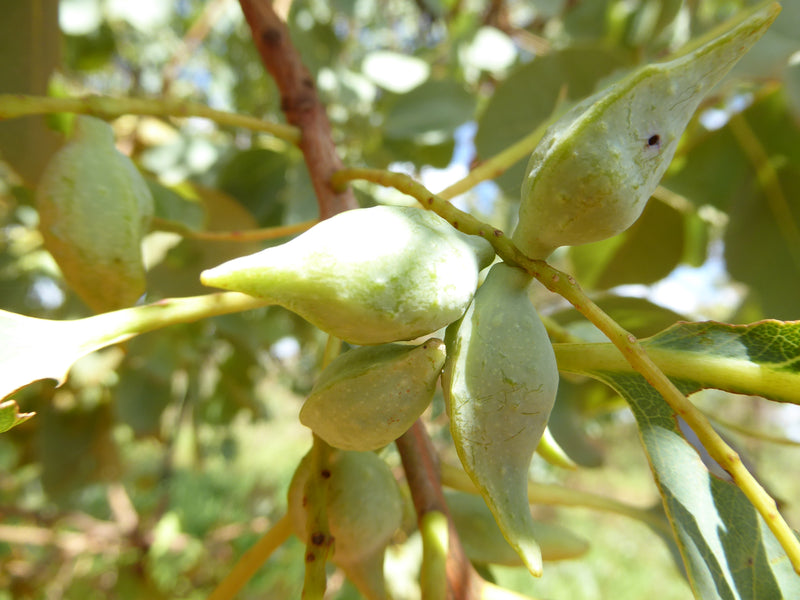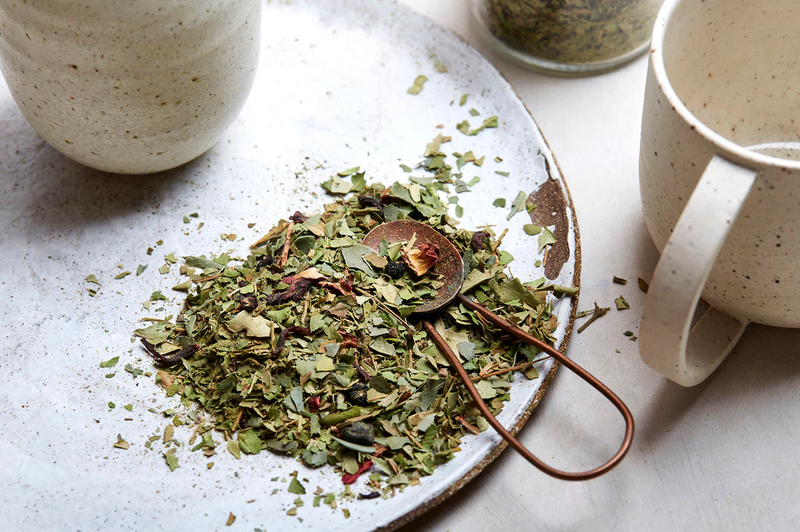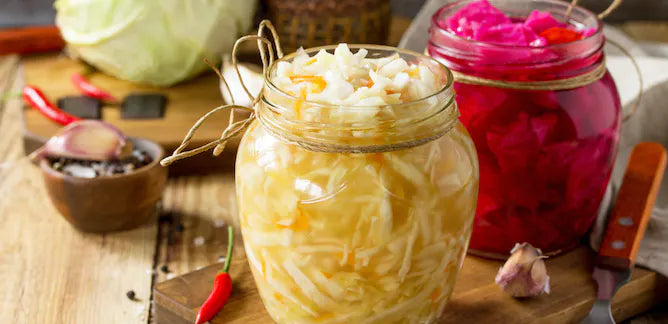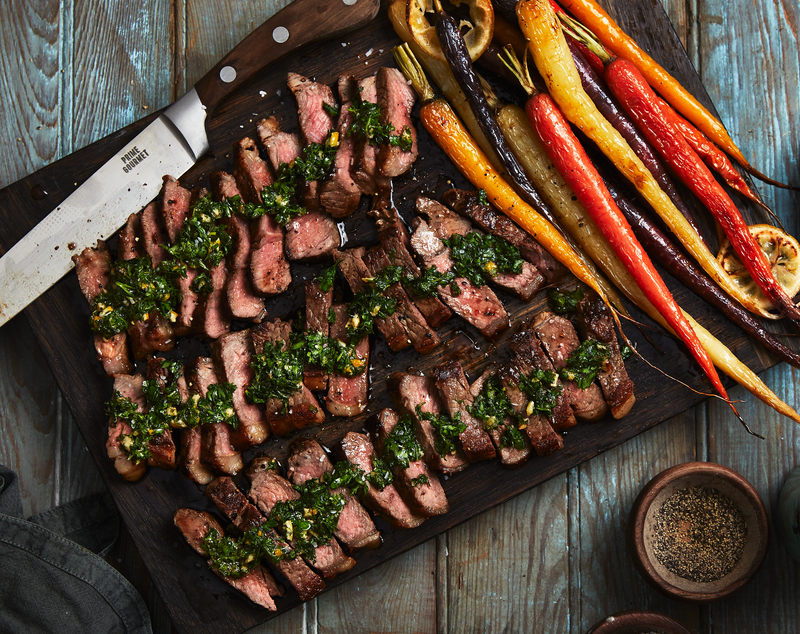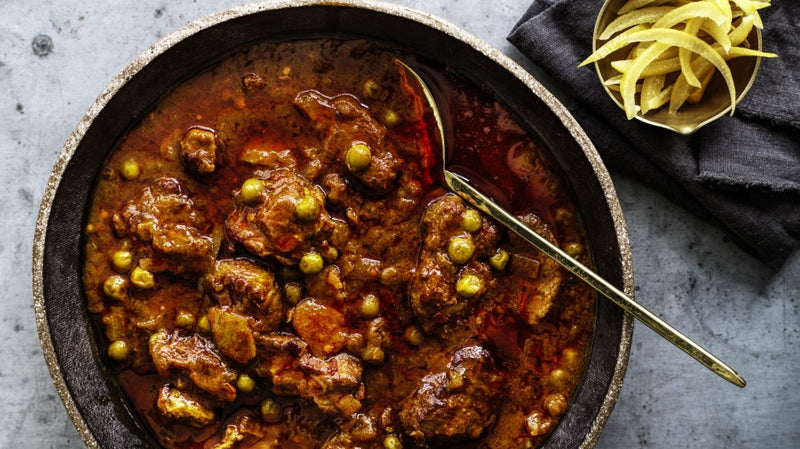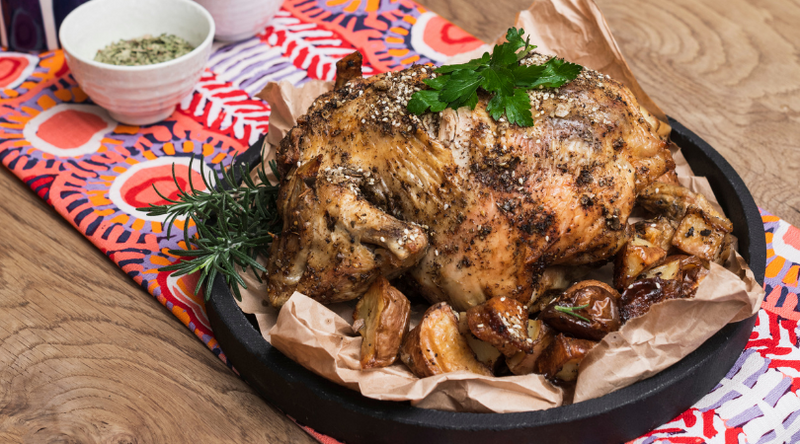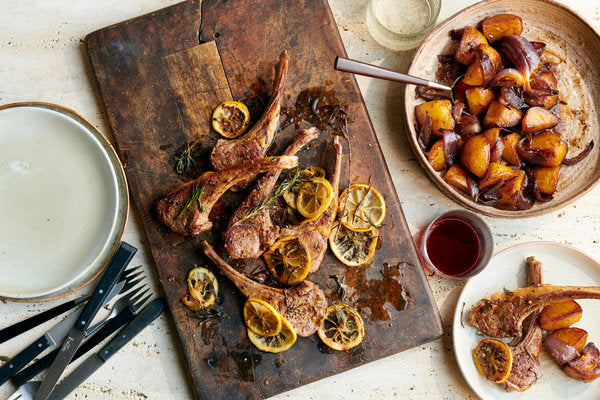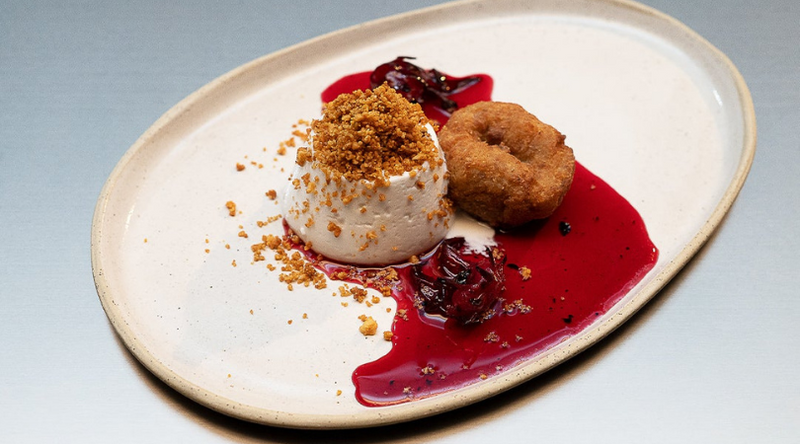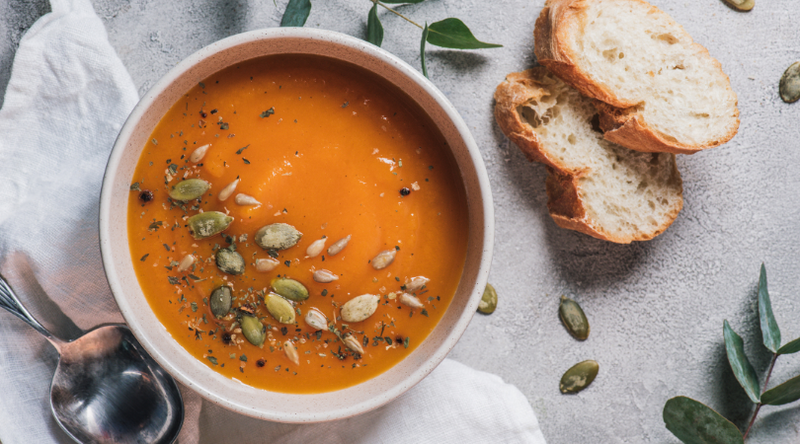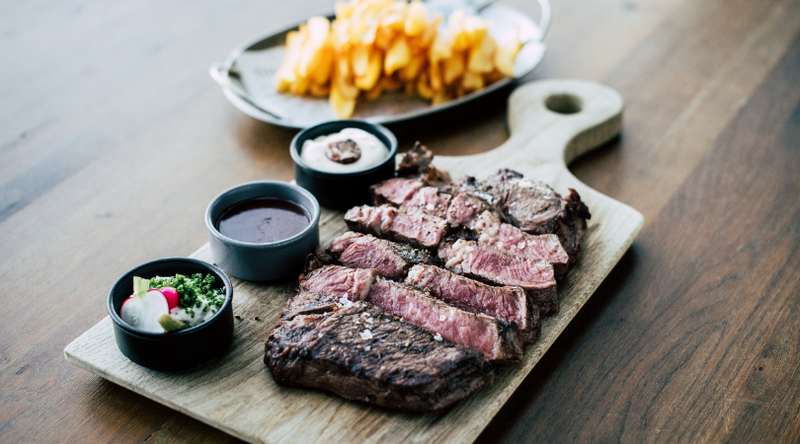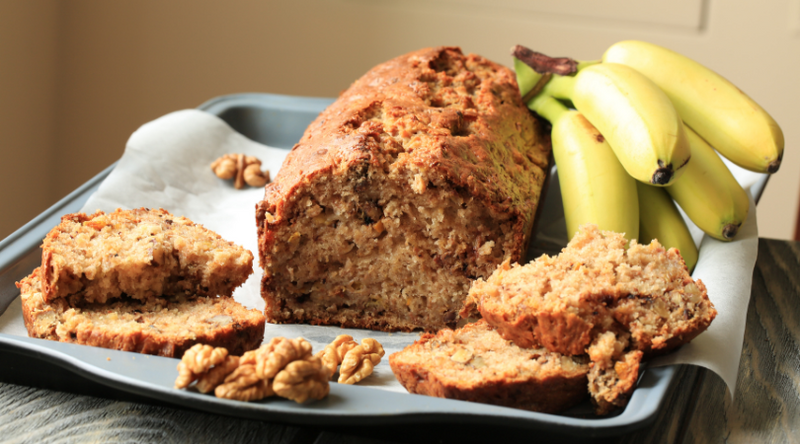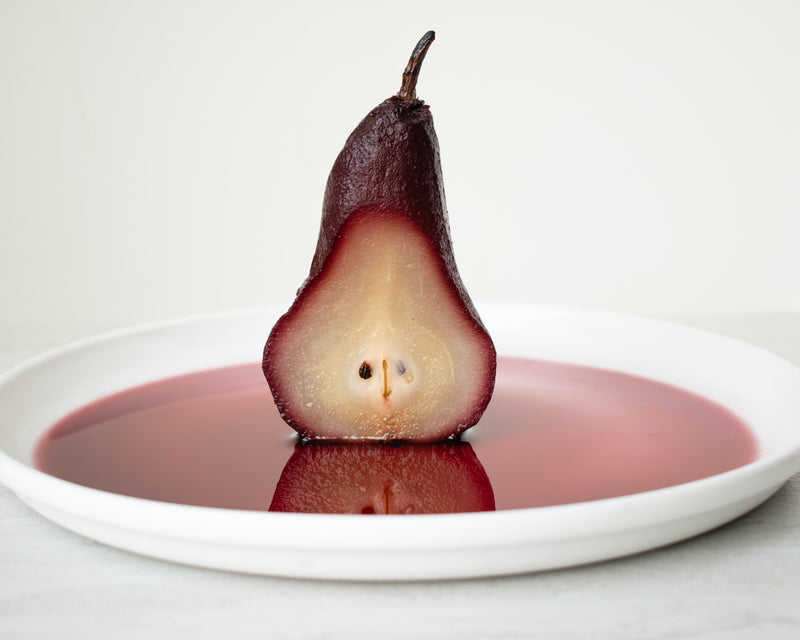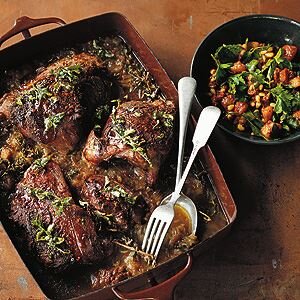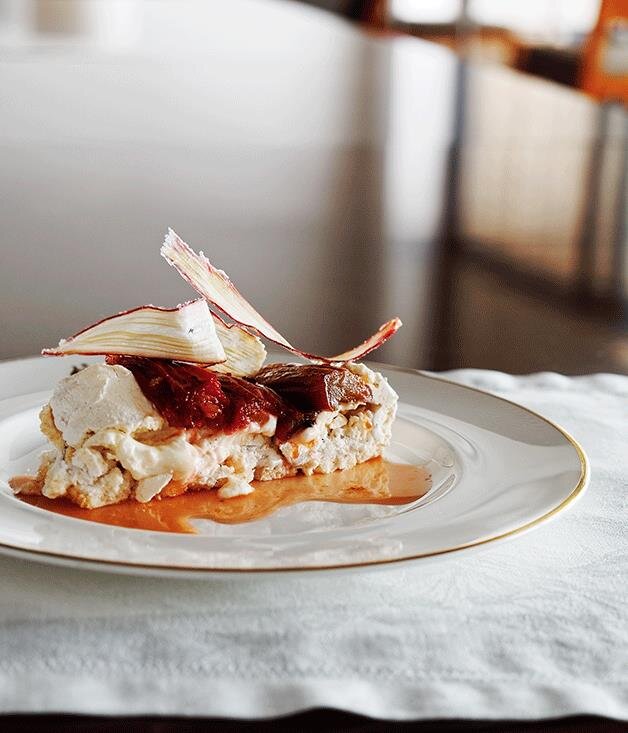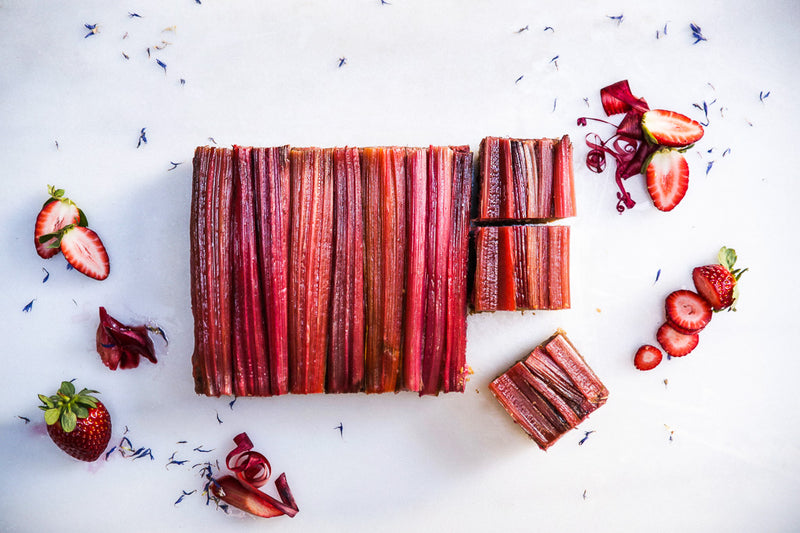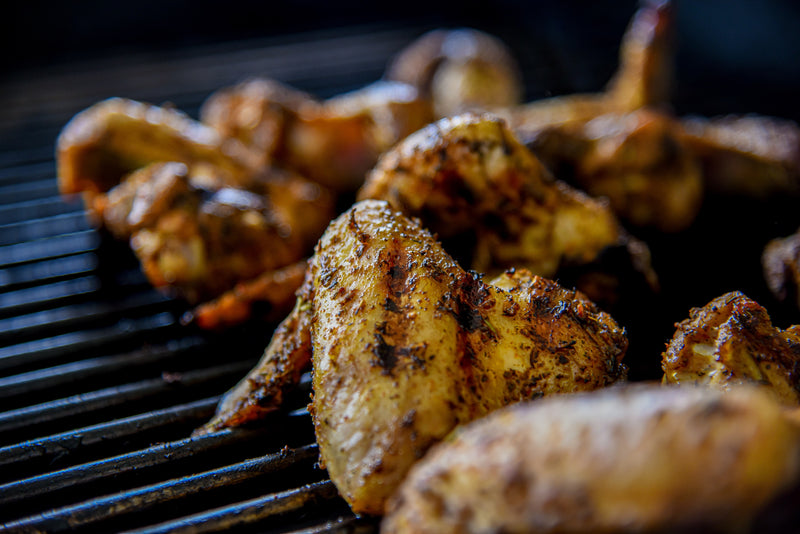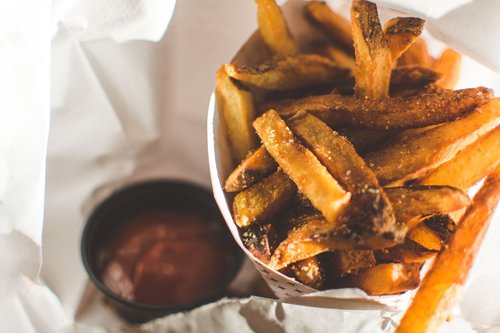Do you know how to say "hello" or "welcome" in the language of Australia's first peoples on the land you live on? Have you heard someone speak it?
"When you lose a language, you lose a worldview. You lose a way of understanding the land on which you are living. You lose an understanding of different philosophies. It makes our lives as human beings a lot poorer if we lose a language." Ngalia man Kado Muir
I was encouraged to hear this week that a new project titled 50 Words Project, is using technology to bring Indigenous language to people who would not have heard of, or have the opportunity to, access these languages.
Culture needs to stay alive, taught and shared in our everyday life.
- 250+ Indigenous Australian languages were spoken in 1788.
- 120 languages in 2016
- 90% are now considered endangered and only around 20 of these languages are still spoken.
“Culture is expressed through language so language is a good medium for keeping culture strong. I feel good when I sing in language, because it’s my language. It’s part of who I am” – Corey Theatre (Djab Wurrung)
Some articles worth reading:
- The state of Australia’s Indigenous languages – and how we can help people speak them more often //
- How to learn the name of Indigenous language of the land on which we live //
What can you do?
- Read. Read. Read. If you are to learn just one word from one Indigenous language, that is change.
- Buy the Map of Indigenous Language. The AIATSUS map serves as a visual reminder of the richness and diversity of Aboriginal and Torres Strait Islander Australia.It is great to see technology playing a positive role in providing a useful resource for educational and discovery purposes.
The more we are exposed to these diverse First Nations' languages, the better we are able to appreciate and value the deep substance of Australia's indigenous culture.
Tell me your thoughts...do you know or speak any Indigenous words in your daily life?
